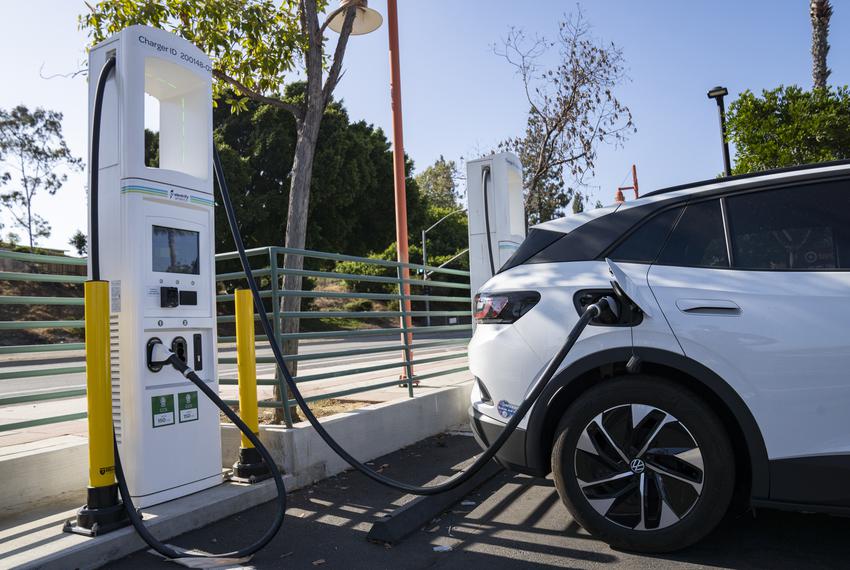Consumer Complaints Highlight Electric Car Charging Difficulties in Costa Rica
As Costa Ricans increasingly adopt electric cars for their eco-friendly benefits, they encounter challenges related to charging infrastructure and false advertising. Complaints have been lodged against ICE and car agencies for misleading information about electric car charging, which has left many consumers frustrated and questioning the feasibility of using electric vehicles in the country.
The Reality of Electric Car Charging in Costa Rica
False Advertising Claims
Car agencies in Costa Rica have made claims that electric vehicles can be charged from standard outlets, similar to charging a phone. However, this has proven to be misleading, as many areas in the country have a maximum voltage of 94 volts, while electric cars require 110 volts for charging.
Limited Charging Infrastructure
Visitors who book hotels specifically for their electric car charging facilities often face disappointment, as the available chargers may frequently throw a fuse or require a long waiting time due to limited charging stations. This inadequate infrastructure makes it difficult for electric car users to conveniently charge their vehicles during their stay.
ICE’s Role in Electric Car Charging Infrastructure
Chargers on the Inter-American Highway
ICE has installed chargers for electric cars along the Inter-American highway, but they have failed to inform users that a special card, which takes ten days to acquire, is required to access the charging stations. This oversight has left many electric car users stranded and frustrated.
The Need for Improved Communication and Infrastructure
To make electric cars a viable option for Costa Ricans, both accurate advertising and improved charging infrastructure are crucial. Addressing these issues will help consumers make informed decisions and create a better experience for electric car users, ultimately promoting the adoption of eco-friendly transportation and contributing to a greener future in Costa Rica.

